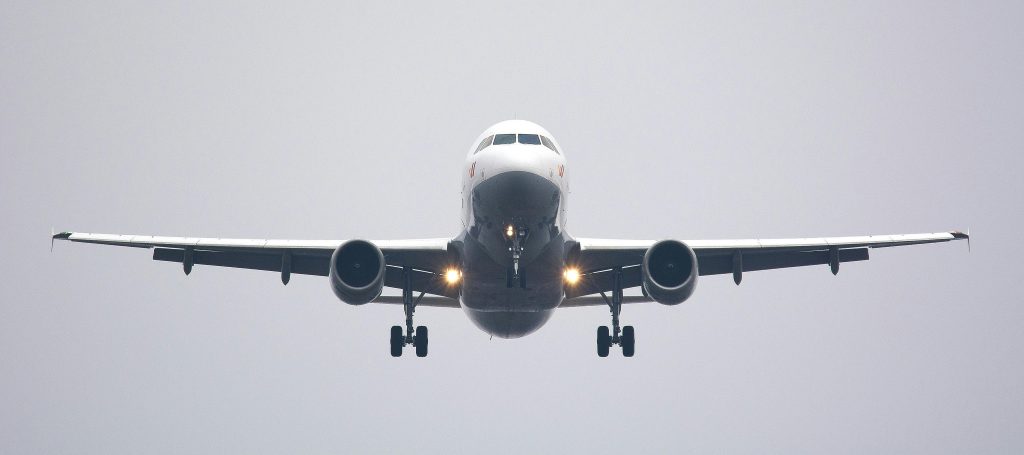
Southwest Airlines has been a bright spot in the historically struggling airline industry. Comparing airlines over the medium term is challenging due to the collapse of air travel during the COVID-19 pandemic. Southwest rebounded quickly to its pre-COVID stock price in 2021 but has been on a steady downward trend since then. Many of their issues are industry-wide, such as higher labor costs and delays in receiving new planes. However, some problems are specific to the company, like their aging technical infrastructure and operating model, which led to 16,000+ canceled flights during the December 2022 holiday season.
Now, an outside activist investor, Elliott Investment Management, is calling for change. In their statement, they said, “Southwest’s poor execution and leadership’s stubborn unwillingness to evolve the company’s strategy have led to deeply disappointing results for shareholders, employees, and customers. Southwest’s rigid commitment to a decades-old approach has inhibited its ability to compete in the modern airline industry.” While it is clear that something needs to change, I don’t think Elliott’s proposed changes will help Southwest in the long term.
Their proposal mainly involves copying what every other airline already does: introducing checked baggage fees, premium cabin seats, and change fees. While this would increase incremental revenue in the short term, it doesn’t fundamentally improve the business model in the long term. The problem with this “strategy” is that it creates more sameness in the industry rather than differentiation. Airlines have become commoditized because of this sameness, which further reinforces price competition.
What has allowed Southwest, until recently, to buck industry trends has been their differentiation. Competing on price at this point puts them squarely in the middle of Spirit/Frontier and Delta/American/United, who have already cornered their respective market areas.
Southwest needs to modernize its differentiation to appeal to the modern consumer. While two checked bags were great years ago for the American family going on an annual vacation, this may not resonate now when most consumers aren’t even checking one bag.
The billion-dollar question is: what do Millennials and Gen Z want? I don’t have the exact answer, but some things to consider might include:
In-Flight Entertainment: Southwest currently offers free texting and some free movies/TV shows to stream but charges $8 for WiFi. Few people are interested in starting a new TV show on their 5.5” smartphone during a two-hour flight. Dropping the TV shows/movies and making WiFi free could be a better option.
Luggage: Objectively, getting to the airport early to check a bag and then waiting to pick it up after the flight is inconvenient, especially compared to a carry-on bag. Charging for carry-on bags while keeping checked bags free could help streamline the boarding process. For loyalty, Southwest could offer free carry-ons to their loyal customers, aligning with their brand messaging and differentiation.
In-Flight Drinks & Snacks: Southwest already does well with complimentary snacks (currently Stellar Pretzels and Brownie Brittle) compared to their competitors. They could double down on this by offering additional items for purchase. Consumers will pay a reasonable price for unique snacks or snacks that align with their needs, but not $20 for a cheese plate or $5 for Cheez-Its. Southwest could also expand their drink options, including non-alcoholic choices, which align with current trends.
Loyalty Program Updates: The process of signing up and submitting claims for credit is outdated, loyalty programs should enroll customers automatically. Around 30% of Millennial and Gen Z consumers don’t belong to any airline loyalty programs. This makes sense given the number of points needed makes the payoff 3-5+ years down the line not very appealing. Offering lower-level redemption options, such as early boarding, drinks onboard, or baggage fees, could increase loyalty and retention.
Seat Selections: Offering a child-free section or guaranteeing that friends traveling together can sit together could enhance the customer experience. Creating more business or first-class seating isn’t necessary, as these travelers are less price-sensitive and will choose airlines with the best offerings.
Partnerships: Most airlines partner with traditional car rental companies and hotels, but those traditional partnerships are not as valuable as they used to be. Expanding partnerships to better match travelers’ habits could add value. If Southwest insists on continuing to charge for WiFi, expanding the ‘free’ access on it would be a good partnership route. For example, allowing access to Starbucks and Uber through the in-flight WiFi would be more relevant for modern travelers.
Flight Schedules: Aligning leisure travel schedules with leisure times, such as offering more 7 pm flights, could make weekend getaways more convenient without requiring extra vacation time.
Design Considerations: Upgrading tray tables to hold laptops both in size and sturdiness could improve the in-flight experience for business and leisure travelers alike.
In conclusion, Southwest Airlines must embrace differentiation to maintain its competitive edge and long-term viability. Competing solely on price, as evidenced by the strategies of ultra-low-cost carriers like Spirit Airlines, often leads to a race to the bottom. This approach results in reduced service quality, diminished customer satisfaction, and ultimately, a commoditized market where airlines struggle to achieve sustainable profitability.
Southwest’s historical success has been built on its unique value proposition, which set it apart from other airlines. By modernizing this differentiation to meet the evolving preferences of Millennials and Gen Z, Southwest can continue to offer a compelling alternative that emphasizes customer experience over minimal cost. Southwest has the opportunity to reinforce its brand identity and foster deeper customer loyalty.
Competing on price alone is not a viable long-term strategy. It erodes brand value and diminishes the distinctive qualities that have made Southwest a beloved airline. By focusing on differentiation, Southwest can navigate industry challenges, meet modern consumer expectations, and sustain its reputation for exceptional service and value. This approach will not only attract and retain customers but also ensure the airline’s success in an increasingly competitive market.
